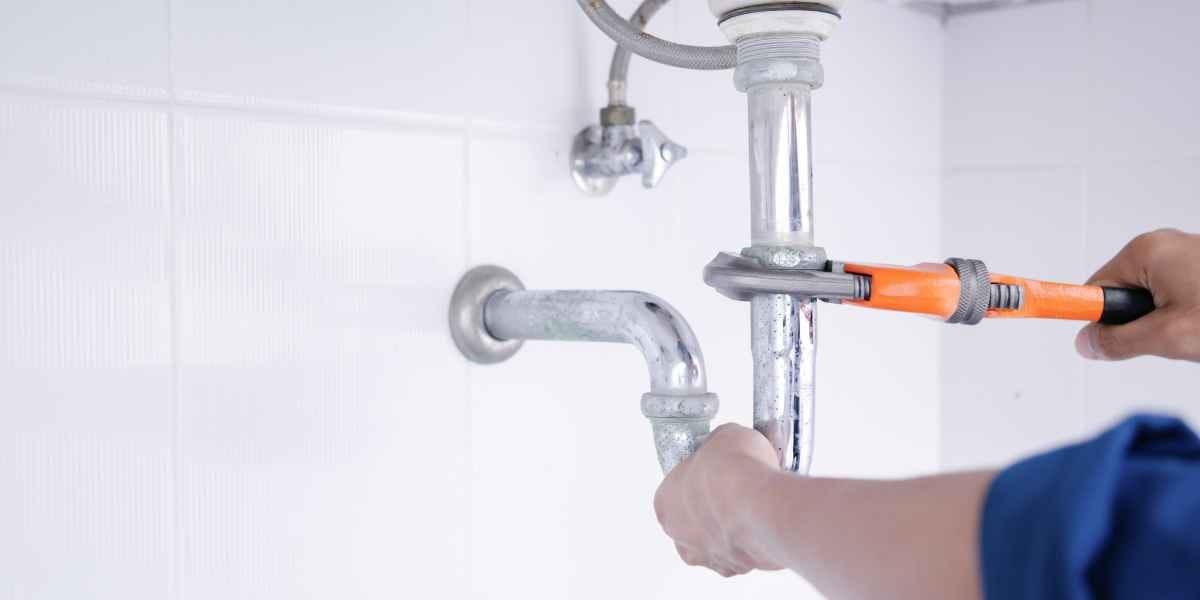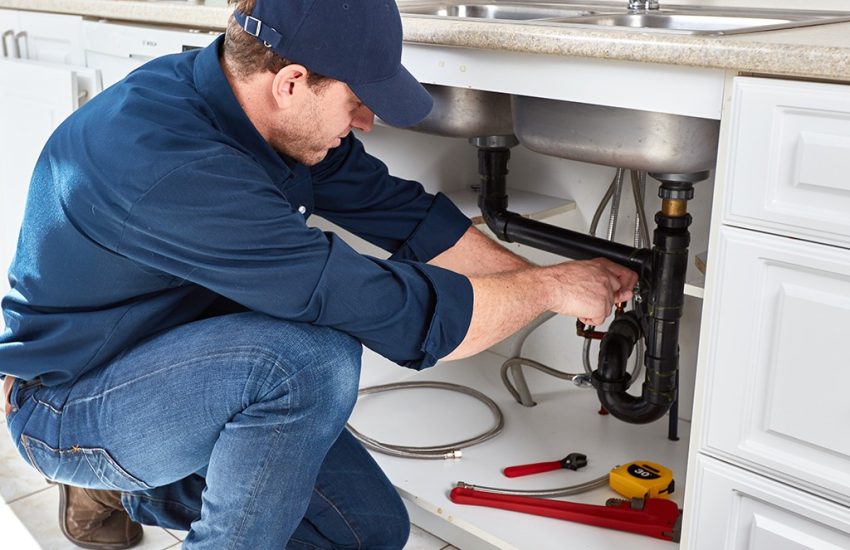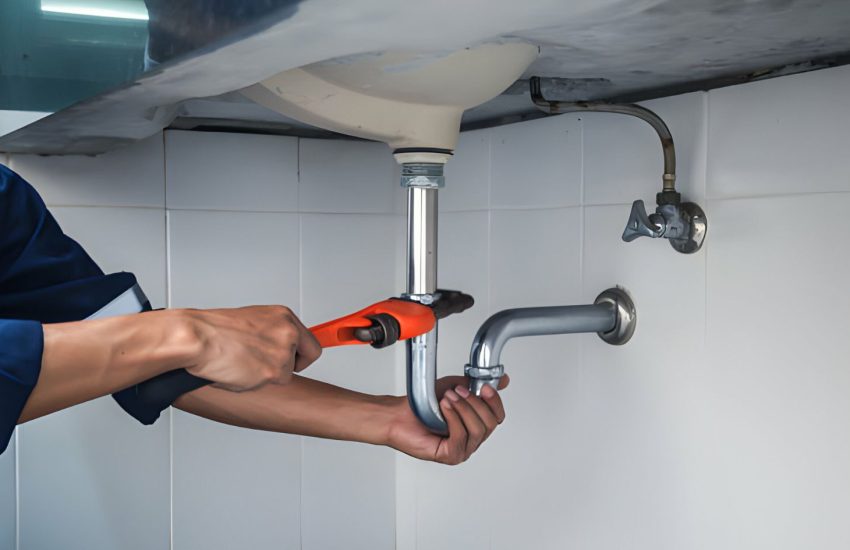DIY Plumbing Dos and Don’ts: Insights from Dayton Professionals
As the popularity of do-it-yourself (DIY) home projects continues to rise, more homeowners in Dayton are taking on plumbing tasks to save money and gain a sense of accomplishment. While DIY plumbing can be a satisfying and cost-effective way to tackle small issues, it also carries inherent risks if not approached with caution. In this blog, Honey Go Fix It, the trusted plumbing pros in Dayton offer valuable insights into the dos and don’ts of DIY plumbing.
The Appeal and Risks of DIY Plumbing
DIY plumbing appeals to many homeowners due to its potential cost savings and the convenience of addressing minor issues without relying on professional services. Successfully completing a plumbing project can also bring a sense of pride and satisfaction.
However, tackling plumbing projects without the proper knowledge and experience can lead to unintended consequences. These include worsening the problem, creating safety hazards, and potentially causing costly damage to your home. It is essential to understand the risks before embarking on any DIY plumbing project.
DIY Plumbing Dos
- Know your limits: It’s important to recognize which projects are within your capabilities and when it’s time to call in a professional. Minor repairs, such as fixing a leaky faucet, can be manageable for many, while complex tasks like replacing pipes should be left to experts.
- Have the right tools: Ensure you have the essential plumbing tools on hand, such as pipe wrenches, plungers, and pipe cutters. Having the proper tools not only makes the job easier but also reduces the risk of causing damage.
- Follow instructions: Take the time to read guides, watch tutorials, and understand the process before starting any project. Accurate instructions help prevent mistakes and ensure a successful outcome.
- Turn off the water: Always shut off the water supply before starting any plumbing work to avoid accidental flooding and damage. Locate the main water valve in advance so you’re prepared.
- Protect surfaces and fixtures: Use mats, drop cloths, or towels to safeguard your flooring and other surfaces from potential damage during the project.
DIY Plumbing Don’ts
- Don’t overtighten connections: Overtightening pipes and fittings can lead to cracks and leaks. Instead, aim for a firm, snug fit without excessive force.
- Avoid using chemical drain cleaners: While these products may seem convenient, they can cause damage to your pipes and pose health risks. Instead, use mechanical methods such as plungers or snakes.
- Don’t ignore building codes: Adhering to local building codes is crucial to avoid fines and ensure the safety of your home. If you’re unsure about the codes, consult a professional.
- Avoid temporary fixes: Relying on quick, temporary repairs can lead to more significant problems down the line. Make lasting repairs to address issues permanently.
How Honey Go Fix It Can Help
Honey Go Fix It offers comprehensive guidance and support for DIY projects. If you encounter a complex plumbing issue, our team is available for professional consultations. We can provide expert advice, assess your plumbing work, and offer solutions tailored to your specific situation.
Additionally, scheduling a professional inspection after completing a DIY plumbing project can help identify any potential issues you may have missed. This proactive approach ensures your home’s plumbing remains in optimal condition.
Conclusion
Understanding the dos and don’ts of DIY plumbing can significantly impact the success of your projects. Knowing your limits and following best practices helps you avoid costly mistakes and ensures the longevity of your plumbing system. When in doubt, seeking professional assistance is the best course of action.
For expert advice or assistance with any DIY plumbing project, contact Honey Go Fix It today. We’re here to support you and help keep your home’s plumbing in excellent working order.



